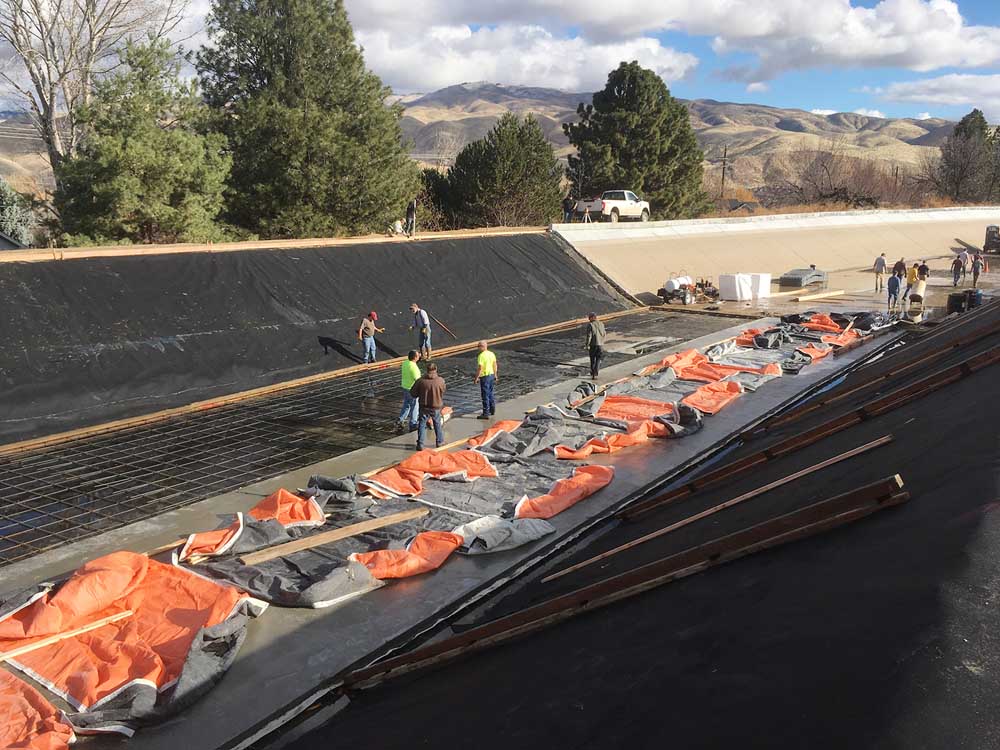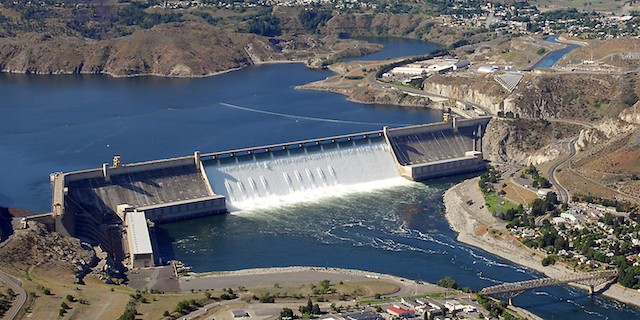Boise canal lining project gets a boost
Published 9:15 am Friday, March 15, 2024

- Concrete relining work on the upper New York Canal in central Boise.
BOISE — A major canal’s urban Boise stretch will be improved faster with the help of the U.S. Bureau of Reclamation.
Reclamation in early February issued a final environmental assessment and a finding of no significant impact in connection with relining six miles of the New York Canal.
The Boise Project Board of Control for the past eight-plus years has been improving short segments between irrigation seasons as budget and staffing capacity allow. Goals include improved safety and less seepage.
A funding request through Reclamation prompted public review under the National Environmental Policy Act.
Completion of the review means the work eventually can be scaled up and completed much earlier, said Bob Carter, Boise Project manager. The project has been awarded some federal and state funding, and “now we can actually go out to bid.”
Depending on bid pricing, it is possible a mile could be completed each offseason starting next fall, resulting in completion in 6-7 years instead of 40-50, he said. Nearly three-quarters of a mile of the canal has received the liner and reinforced concrete cap so far, mostly in annual increments of 500 to 600 lineal feet. This season’s work involves about 1,000 feet.
Reclamation nearly 100 years ago transferred operation, care and maintenance of the canal to the five irrigation districts to which the canal conveys water. The bureau established the Boise Project as the districts’ operating agent.
Since then, urban and suburban uses grew around the canal — which has high, steep walls and in Boise lies at the same level as, or above, many houses and buildings.
“Not that anyone is in danger, but that is the most at-risk section if anything were to happen,” said Rich Jackson, natural resource specialist with Reclamation in Boise. The bureau continues to have inspection, review and oversight authority.
If the finding had been that a final environmental impact statement process was needed, funding could not be released until environmental compliance was satisfied, and the Boise Project would have to decide if it wanted to proceed, he said.
In the finding of no significant impact, Reclamation concluded that the proposed action would not significantly impact the quality of the human environment, or natural and cultural resources.
The overall effects of the proposed action “will be minor, temporary and localized,” the finding reads in part. “Therefore, preparation of an environmental impact statement is not required.”







